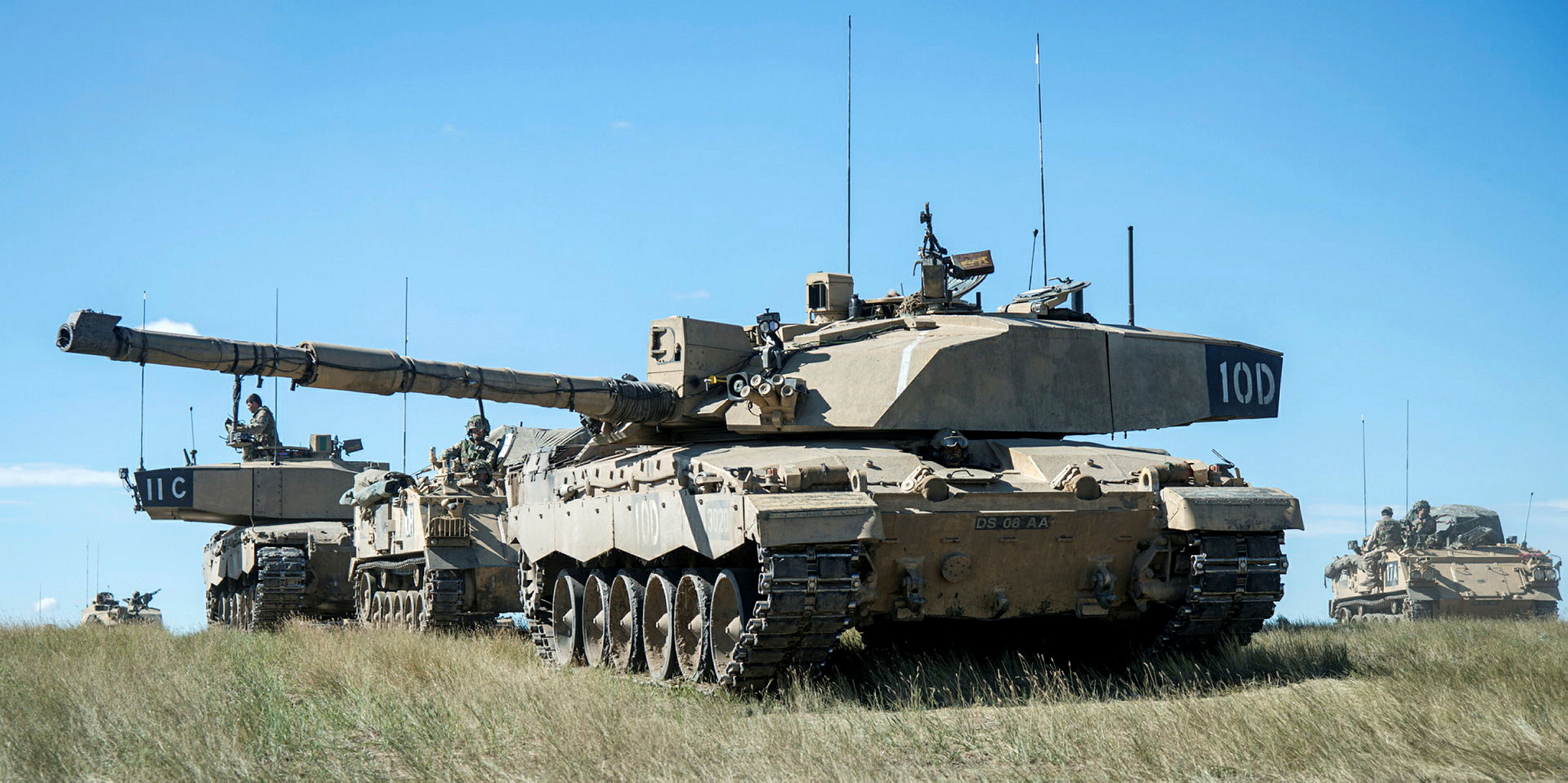Challenge
Ahead of the Strategic Defence and Security Review 2015 (SDSR15), MoD Finance and Military Capability (FMC) Future Combat Air System (FCAS) needed data to support high-level decision-making for the FCAS programme. Dstl is supporting the FCAS programme, but was not able to provide the required cost data and advice to enable informed decisions to be taken. Therefore, FMC-FCAS and Dstl required specialist cost modelling expertise to enable them to submit realistic and well-founded Options to be considered during SDSR15. Specifically, they required independent cost estimates (ICE) for options for the joint UK-France Unmanned Combat Air System (UCAS) Demonstrator programme announced by David Cameron and Francois Hollande in January 2014, and confirmed as a €2Bn programme in March 2016.
Approach
Following implementation of UCAS-specific improvements and enhancements to the extant modelling capability, cost forecasts (3-point estimates) were generated for a range of UCAS vehicles. The cost modelling conducted provided insights into specific design areas and features that were worthy of review, and revised vehicle designs and assumptions were used to generate new concepts and cost forecasts that better met the emerging needs and requirements. In particular, this analysis focussed on the potential offered by a UCAS Demonstrator, rather than a ‘full-scale’ UCAS development programme.
In addition to the cost outputs, the analysis was used to support an assessment of technical skills and capabilities for the UK aerospace sector, resulting in indicative impacts on overall UK aerospace engineering skills and the ability of the UK to remain a ‘partner of choice’ for future world-class aerospace programmes.
Outputs
The updated ABACUS model provides Dstl and MoD with ‘Intelligent Customer’ ability; with suitable technical support, the revised model can generate ICE for a wide range of fast jets, UAVs and UCAS. The specialist costing input and advice enabled a revised direction to be assessed rapidly, such that a variety of options could be evaluated to determine the best approach for the UK as part of the joint programme. The ABACUS cost data and the resulting impacts on UK aerospace skills were discussed with Industry, and were included in SDSR15 briefing material by FMC-FCAS; material that was instrumental in setting expectations for this investment area across multiple government departments and in securing funding from the SDSR15 Settlement. In addition, the ICE has been used to explain the overall requirements and expectations from UK Industry, and has formed a key ‘anchor point’ for UK MoD in their negotiations with UK industry and with France. Finally, the ICE was instrumental in setting the overall UK budget level for the UCAS Demonstrator as part of the FCAS programme, which supported the high-level discussions with France, and the negotiations at the government-to-government level.
Feedback
“FMC-FCAS sponsored a wide ranging analysis programme to support Combat Air decision making at SDSR15, spanning force mix operational and cost analysis, industrial capability, advanced next generation concepts and costing, technology assessments, and collaboration analysis. The analysis was briefed directly up to the Defence Secretary and was the subject of a Defence Secretary communication to the Prime Minister. The analysis has been recognised within and outside of the MoD as central to Combat Air decision making at SDSR and has enabled decisions that will have a strategic impact on the UK defence aerospace sector for several decades. The coupling of physics based analysis with robust cost analysis has been central in enabling these positive decisions to be made.”



